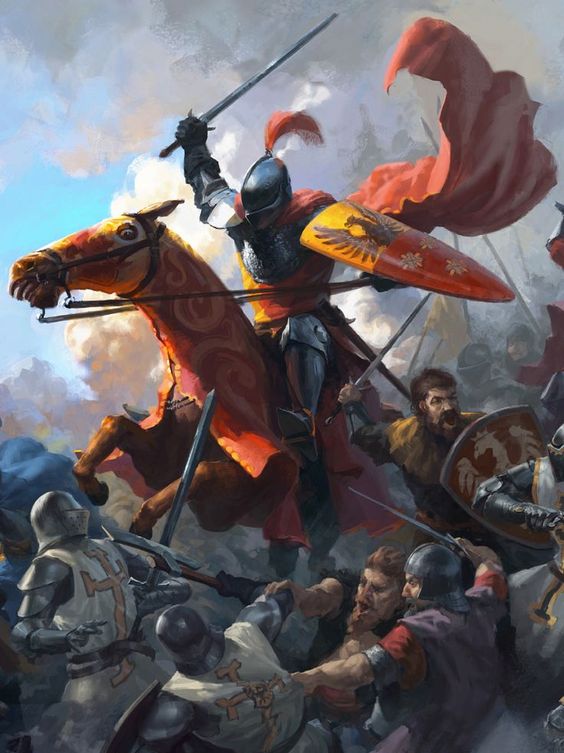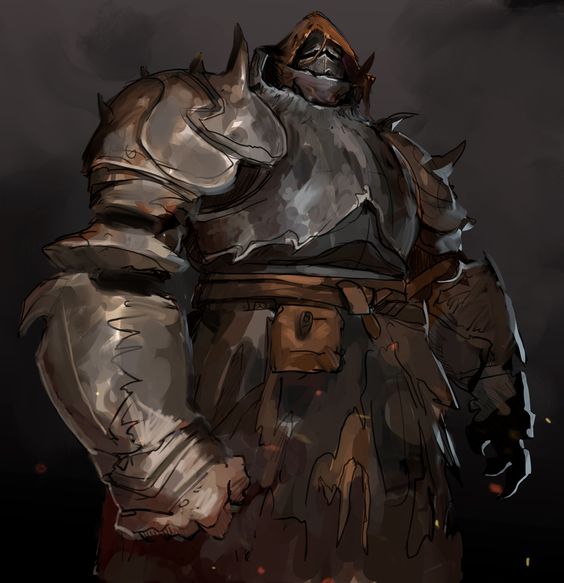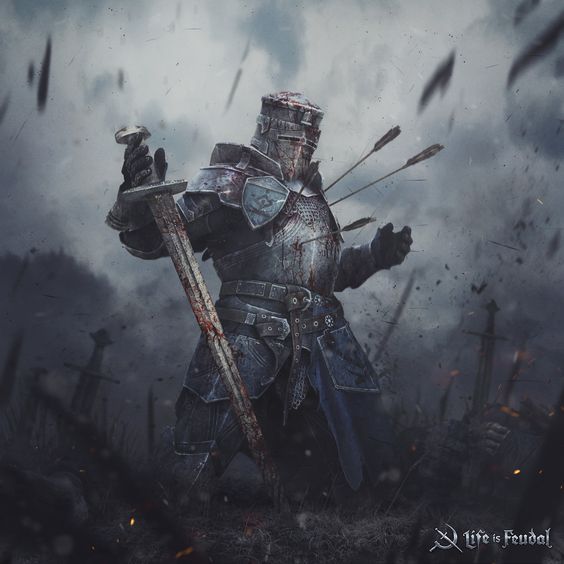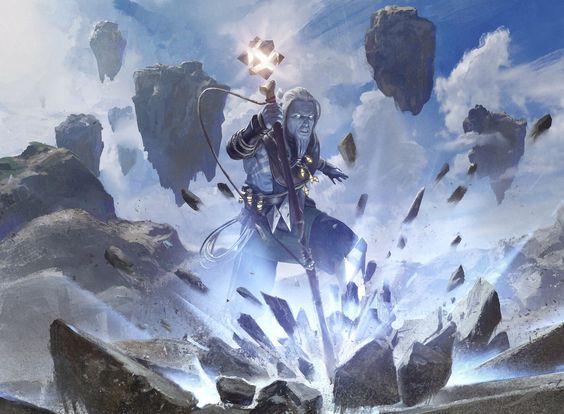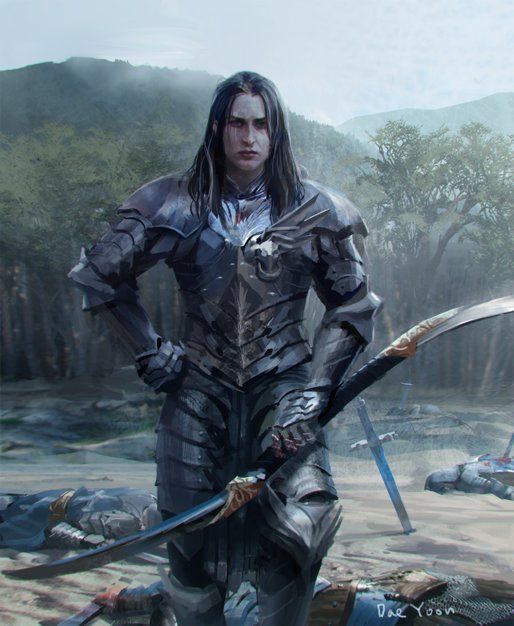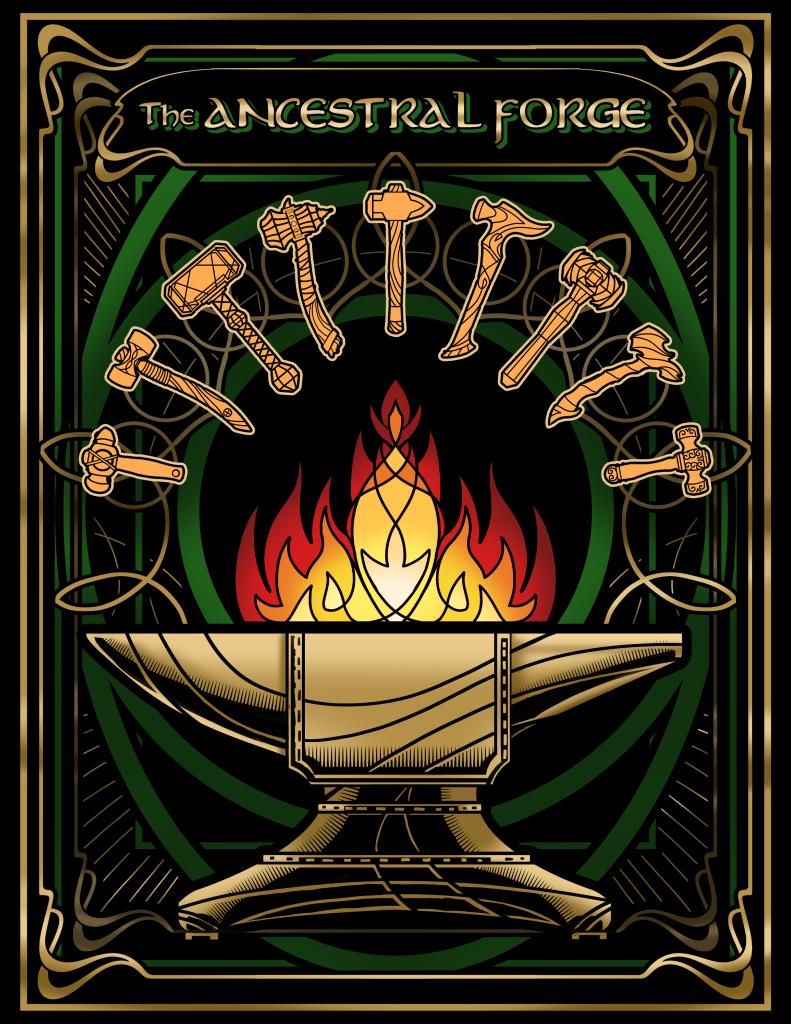D&D 5e: Master Every Skill With The Skill Expert Feat
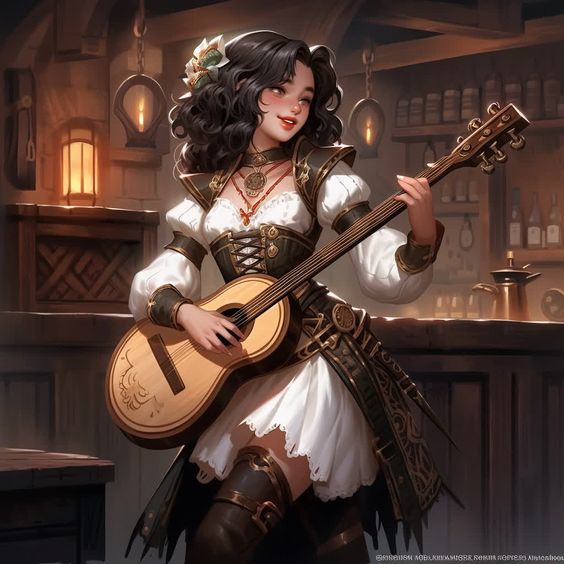
D&D 5e: Master Every Skill With The Skill Expert Feat
SOURCE: Tasha’s Cauldron of Everything
Rating the Benefits of Skill Expert
Benefit #1 –
Increase any stat by 1, up to a maximum of 20
Half an ASI is a relatively common benefit for many feats in 5e. Having it be completely untyped and free to be placed into any stat is much rarer. This is excellent.
Benefit #2 –
Choose a skill, and gain proficiency in that skill
Skill proficiency is useful for most characters, especially one that’s completely unrestricted, letting you choose whichever is most useful for your build
Benefit #3 –
Choose a skill you have proficiency in, and gain expertise in it, doubling your proficiency bonus in that skill
Expertise is one of the single largest buffs to skill use in 5e and is generally restricted to Bards and Rogues. Allowing its access to every class is a powerful ability for any character to have.
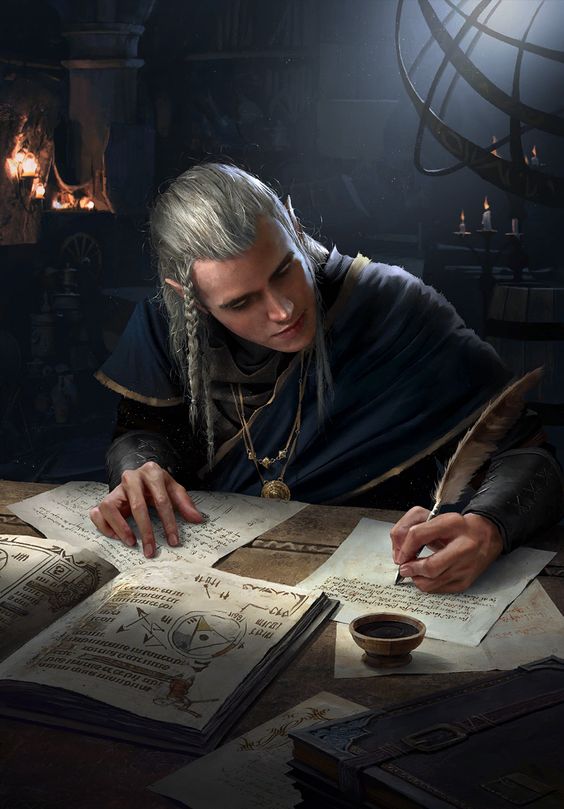
Mechanics and Requirements
Understanding How It Functions
A Skill Proficiency
Skill proficiencies sound simple, and, at their base, they are. Pick a skill, and gain a bonus to your checks when taking tests using that skill.
The Skill Expert feat offers a skill proficiency as part of its benefits. Every character class and background gains at least two skills as part of its initial benefits. But every background, and most classes, are limited in the skills a character can choose from.
This means certain builds might struggle to pick up proficiency in particular skills. Especially if they don’t want to take a background that clashes with the build idea.
Skill Expert fixes that, allowing a character with the feat to choose proficiency in any skill on 5e’s skills list, without any kind of restriction.
Understanding Proficiency
Proficiency is 5e’s core mechanic around skills and skill use. A character typically has between 4-6 skill proficiencies at base and might gain more as they gain class levels and feats.
When a character has proficiency in a skill, they add their proficiency bonus to the skill check. This is a scaling bonus that increases at set levels, starting at +2 from level 1, and scaling up to +6 at level 17.
Without proficiency, a character’s use of skills will, for want of a better word, suck. Skill DCs slowly increase as you level up, and proficiency is the main scaling that helps your dice stay competitive.
Ideally, you should aim to have proficiency in every skill that your character needs to regularly use, and a well-designed party will share that load, spreading the necessary skills for a campaign across all of their members.
Skill Expertise
Expertise is the single best way to consider a character a master at a skill. It doubles a character’s proficiency bonus for that particular skill, an increase of +2 to +6, depending on your level.
In 5e, skill challenges are assumed to scale with proficiency. Expertise puts a character ahead of the curve, increasing the likelihood of passing challenges by as much as 30%.
There’s a reason Expertise as an ability is generally only available to the Bard and Rogue, two classes that are designed specifically to be amazing at skills.
The ability to take this power, and then glue it directly into character builds that really want to be peerless at a single skill, like Rangers with Nature or Survival, allows anyone to lean hard into the areas they choose to specialize. Not only is this a strong mechanical benefit, but it can help solidify the aesthetic and role of a character in the party.
Key Stats
The Skill Expert feat offers an ASI in any of the 6 character statistics in 5e. An untyped, unrestricted bonus like this is excellent, letting a character increase whichever stat is most important for their build.
Ideal Characters for Skill Expert
Top Classes
Bard – With a class ability that literally offers half-proficiency in every single skill, on top of their own proficiencies and Expertise, Bards were already good at the whole “skills” thing. This feat adds a third example of Expertise plus another skill slot, just in case your class and background don’t quite get there.
Great choices for Expertise include… anything! You’re a Bard. It’s your job to know things.
Rogue – A Rogue is the unparalleled master of skills, already gaining Advantage in two skills at level 1, then a further two at level 6.
Another skill and another iteration of Expertise makes the Rogue the best class to dominate skill challenges at literally every level of the game.
Great choices for Expertise include: Stealth. Perception. Athletics. Persuasion/Deception.
Wizard – You’re playing a game where book learning directly translates to magical explosions and demon summoning. Why bother taking skills?
As it turns out, not every problem can be solved with a Fireball. Knowledge skills build on your already impressive intelligence. Adding Expertise in a particular area of focus, for example, Arcana can turn a Wizard into a fountain of knowledge.
Great choices for Expertise include: Any Int-based Knowledge skills. Perception.
Ranger – The Ranger as a class is traditionally associated with skill use, especially skills revolving around the wilderness, survival, and tracking. The class can already gain Expertise in a skill using Optional Class Features, but appreciates a second slot, plus another skill choice.
Great choices for Expertise include: Perception. Survival. Stealth.
Race or Subrace Choices
Variant Human – The Variant Human lineage already provides one skill, plus a feat. That means gaining access to Skill Expert from as early as level 1.
Kenku – 5e’s crow people are possibly the best core race for skill use. Twin proficiencies, the ability to gain advantage on skill checks multiple times per day as necessary, and bonuses to mimicry and imitation add up to an impressive package.
Changeling – The absolute best race for subterfuge and acting as the social chameleon. Changelings can shift their appearance, voice, and even their size, at will. All backed up by two proficiencies in the skills necessary to play this out.
Combos, Tactics, and Synergies
Complementary Feats
Observant – A +5 bonus to any skill is huge, let alone Perception, which is one of the most important skills for any D&D party. Stacking Expertise on top of this can easily push a character’s passive check above 20 before even hitting tier 2 at level 5.
Actor – Advantage on checks to disguise yourself as someone else, plus the ability to imitate specific people. Might not fit into every campaign, but when it does, this is incredibly useful.
Spells that Synergize
Guidance – A d4 boost to any skill that can be used outside of any directly hostile situation, unlimited times per day. This is so powerful the fact it’s a cantrip is surprising. Someone in the party should always have this.
Enhance Ability – Advantage on any checks made with a chosen ability, picked when the spell is cast, for up to an hour, plus extras including combat benefits. Flexible, with multiple uses, Enhance Ability is a good spell for general support.
Strategies for Maximizing Skill Expert Effectiveness
Choosing The Right Skills
The most essential thing in 5e regarding skill use is to specialize in things that are going to be rolled again and again. In our opinion, there are three skills that see repeated use and make great primary targets for Expertise:
Perception – Possibly the most rolled skill in 5e, Perception might be used every time the party moves somewhere new, whether into the next room of a dungeon, traveling overland through the wilderness, or when searching the evil cult leader’s office.
The Perception skill is also useful in social situations, for example, to pick up information from the body language of the person you’re talking to, to detect enemies that are hidden or invisible, or in niche situations like peering as far towards the horizon as you can. Expect to roll Perception at least once every session, and probably far more.
Persuasion – The Persuasion skill dictates how likable and convincing your character is and whether people agree to their requests, whether that be an audience with the king, or convincing a party of orcs to take down a dragon with you.
Someone has to take this in every party, and that someone is always going to be the person with the highest Charisma score. If the social part of the campaign is your job, you need this skill. It’s non-negotiable.
Athletics – Athletics dictates running, jumping, and swimming, but also grappling and staying on your feet if enemies try to batter you around the room.
Most characters can make some use of Athletics, but characters who regularly stand on the front lines tend to want this more, especially if they’re specializing in a style of fighting that revolves around grappling to immobilize their enemies.
Final Thoughts on Skill Expert
Sometimes, your character really needs to be good at a skill, whether for RP or mechanical benefit. Sometimes, the skills granted by a class and background don’t quite stretch far enough.
Skill Expert is the answer. In terms of raw power, this isn’t the strongest feat. Being really good at one skill isn’t going to push a build into the overpowered zone by itself. (Unless your GM is permissive with the whole persuasion thing…)
But the feat delivers precisely what you’d expect it should. Skill Expert makes you an expert at a skill, and sometimes, that’s exactly what you want.


